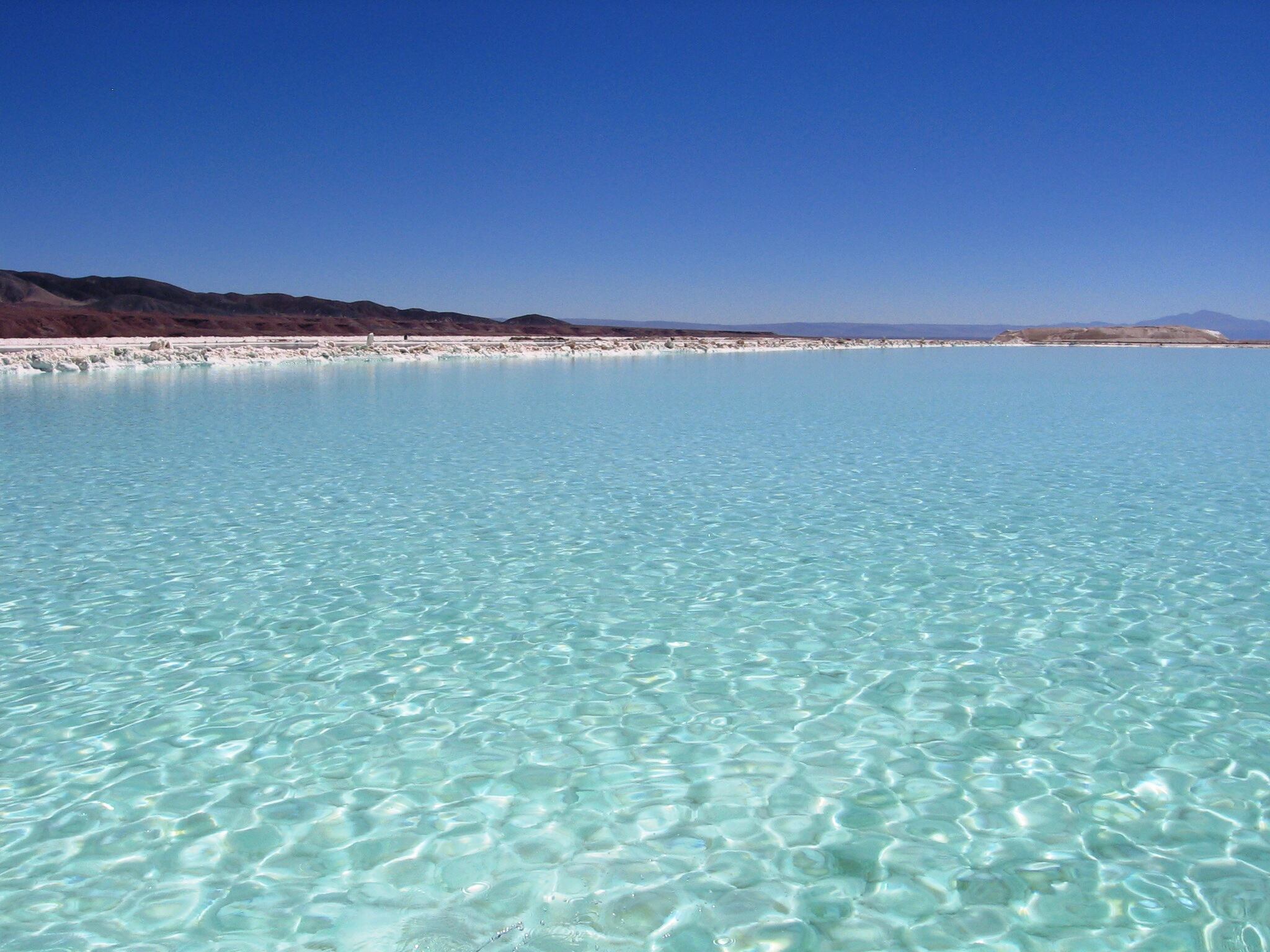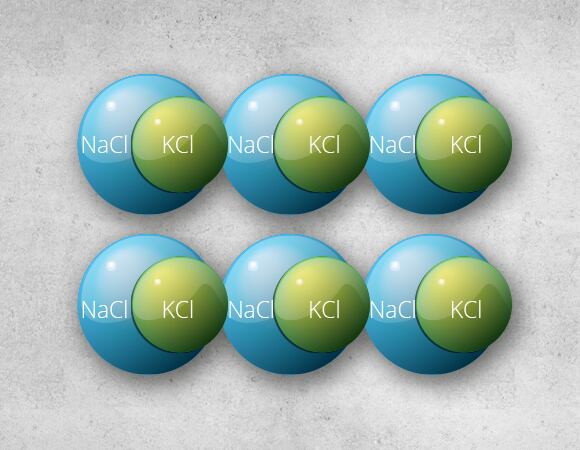Swedish firm Salinity's Saltwell, which can achieve sodium reductions of around one third, comes a long way from its headquarters Gothenburg.
“We discovered an underground water reservoir in the Atacama Desert in Chile," country manager for Salinity UK Tony Greenwood said. "The mineral composition of the brine is such that, when it’s drawn up, put into salt pans and evaporated by the wind and sun, the crystallisation creates a solution of salt with 65% sodium chloride and 35% potassium chloride. In essence, every grain of salt has potassium locked into it."
Greenwood described Saltwell as “a one-grain solution” with an even mineral distribution that tastes of sea salt, meaning - unlike other potassium-based salt-reduction ingredients - there is no bitter aftertaste and so no flavour masking agents are required.
"This 'locked-in' structure gives it an advantage over other blends and salt alternatives because it doesn’t have a bitter after taste and there is no separation when using it in industrial processes.”

“When the sodium chloride reaches 65% and moisture is between three and 4%, we harvest it to stop further crystallisation. We then dry it, bag it and add anti-caking agent.”
Listed on pack as 'sea salt'
One of its main advantages over other salt-reducing additives is that manufacturers can label it on an ingredient list as salt or sea salt.
“The potassium is a natural component of the salt so it doesn’t have to be declared on pack,” Greenwood told FoodNavigator.
According to Greenwood, this would not cause a problem for sufferers of Chronic Kidney Disease (CKD) as it would be used in such small amounts in food products. A product with 1% of Saltwell would contain 0.35% potassium-chloride.

CKD patients in stage three to five are unable to manage potassium levels in the blood, putting them at risk of heart failure and death. This includes potassium that has been added to food fortified for health reasons, potassium chloride-based sodium replacers, preservatives such as potassium sorbate or naturally occurring potassium in foods such as bananas, avocados and beans.
Salinity, which was founded in 1835, has the global rights for marketing and sales for this salt, apart from the local Chilean market. Selling almost exclusively to B2B manufacturers, most applications are for spice blends for meat, brines for curing meat, baked goods and sauces. Its main export markets are the UK, US and Northern European countries.
“Our customers have done a lot of shelf tests and are happy. It behaves like a salt and does not compromise shelf life. It has the same functionality and doesn’t lead to extra microbial activity.”
“Compared to regular salt it has a price premium, partly because we have to bring it half way across the world so there is a lot of freight involved.”
It is price-competitive with other salt-reduction ingredients, he added.
The World Health Organisation (WHO) recommends that adults consume less than 2000 mg of sodium, or 5 g of salt, a day and at least 3510 mg of potassium per day.
